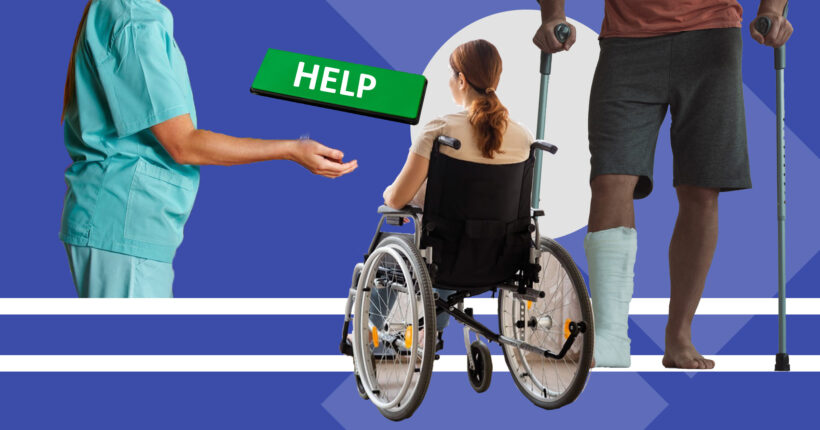
The charity fund "Patients of Ukraine" took up this problem as part of the project "Rehabilitation of war injuries," which is being implemented with the support of Switzerland. Experts and public activists work to ensure that physical rehabilitation is:
- active;
- evidence-based;
- multidisciplinary based on the biopsychosocial model of the International Classification of Functioning;
- started as soon as possible without being tied to the status of a person with a disability and the need to obtain various certificates;
- accompanied by rehabilitation aids as an integral part of the rehabilitation process;
- documented.
The network of institutions must be able to provide rehabilitation assistance within the framework of the rehabilitation route, which means the availability of skills and equipment in the team.
What is the problem?
Ukrainians inherited the understanding of what rehabilitation is from the Soviet Union, says Inna Ivanenko, Executive Director of the "Patients of Ukraine" foundation. Many people associate rehabilitation with a spa treatment, but this is not the case.
"Most people, when you talk about rehabilitation, remember all these procedures with baths, oxygen cocktails, foams, electrophoresis, magnetic therapy, etc. It all doesn't work. The medical community questions even massages as a method of rehabilitation. But the Soviet system was built precisely on this. And now, it needs to be rebuilt to develop active evidence-based rehabilitation. Our efforts with our partners are now focused on this," says Ivanenko.

The public activist emphasizes that it is necessary to change people's perception of what rehabilitation is:
"It is important to form the right expectations for the patient. After all, evidence-based rehabilitation requires huge physical work of the patient and the multidisciplinary team."
What is evidence-based physical rehabilitation?
One of the tasks of the project "Rehabilitation of war injuries in Ukraine" is to develop and launch an information campaign with partners to promote the narrative about the importance of evidence-based rehabilitation.
"The patient needs recovery and return to an active life because an injury is not a sentence. After an injury or illness, you are not temporarily locked up in some place, and you can still be an active member of society, " Ivanenko continues. "There must be a paradigm shift in consciousness so that a person does not perceive their condition as such that they should sit at home, not go out and wait for social benefits from the state."
Returning to life, working, and becoming economically and socially active is necessary. Despite certain restrictions, a person must remain a member of society. Sanatorium-resort treatment, where the patient is pricked with needles and covered with magnets (magnetotherapy), only wastes time; it gives vain hopes and disappointment.
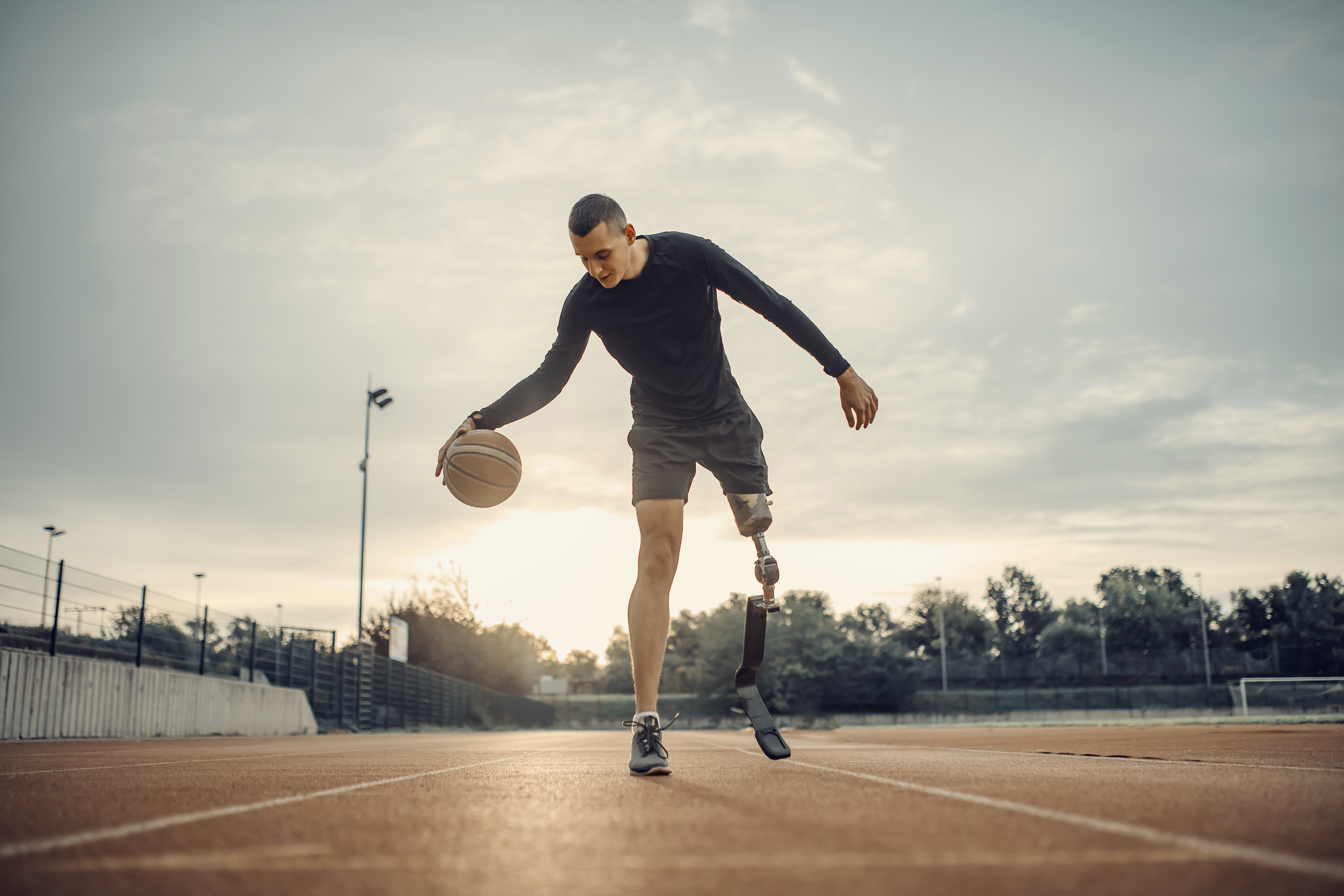
What is the solution?
Rehabilitation should be carried out by specially created and trained multidisciplinary rehabilitation teams of specialists. Such a team should include the following rehabilitation specialists:
- doctor of physical and rehabilitation medicine;
- physical therapist;
- an occupational therapist (one who will help ensure a person's maximum independence in everyday life, who, for example, will teach, if skills have been lost, to hold a spoon, fasten buttons, and minimally care for oneself);
- speech and language therapist;
- a psychologist, sometimes a psychiatrist;
- a social worker who will deal with restoring documents, if necessary.
Currently, there are rehabilitation departments in Ukraine that function according to this principle, but there are not enough of them, and many institutions are just starting to form such teams.
"The awareness that these teams are necessary must also be formed among the chief doctors of hospitals and health care institutions subordinated to the Ministry of Defense. Such teams are now starting to appear in large multidisciplinary hospitals," explains Ivanenko.
In addition, the expert adds that all cases are very different, and, depending on the situation, everyone has their own rehabilitation prognosis. For example, a person after an amputation needs to be provided with prosthetics. If spinal or craniocerebral injuries are in question, it is more complicated because restoring functionality after such injuries can take months and years. And it is not known to what extent this functionality will be restored.
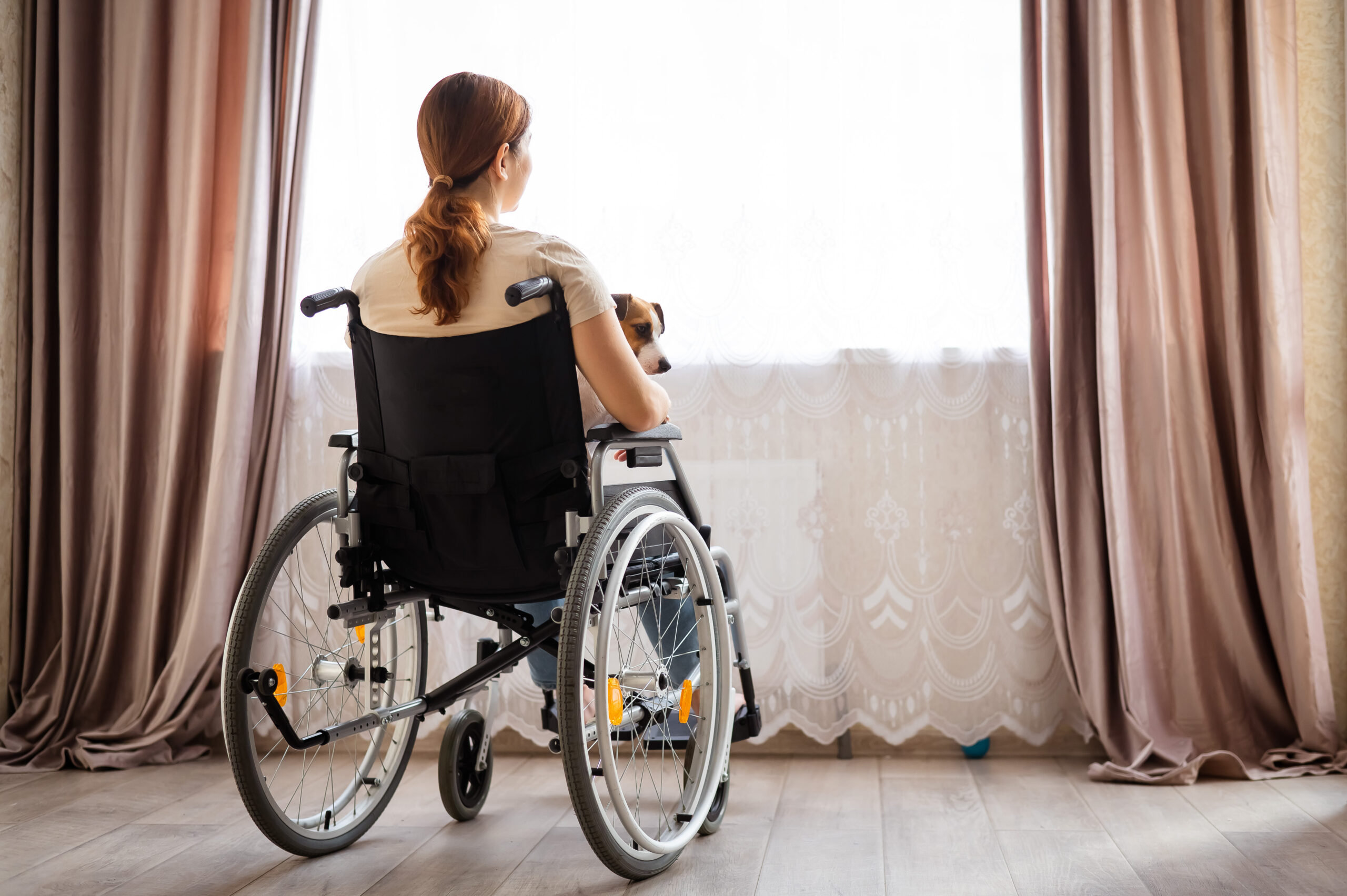
What equipment is used to rehabilitate war victims?
Block frame. One can perform 15 types of exercises for arms, legs, and body on it. Several hospitals in Ukraine already employ such frames.
Verticalizer. It is used if a person cannot sit down or stand up by themself. A person from a wheelchair is placed on this simulator which verticalizes the patient, putting them in a standing position and providing support.
Ceiling hoist. This exercise machine has straps attached to the ceiling, and these belts fix the person. The lift is designed to restore walking.
Activists also installed occupational therapy kitchens in several medical and educational institutions.
"They are needed to bring a person as close as possible to everyday conditions. Everything there is specially designed for people who have lost, in particular, elementary skills, such as holding things," says Ivanenko.
She emphasizes that rehabilitation does not require complex or expensive equipment, and the focus should not be on the equipment — the main thing is the ability of the multidisciplinary rehabilitation team to work with the patient and correctly develop and implement the rehabilitation plan. Active rehabilitation is impossible without the patient's participation, and they will have to carry out the rehabilitation plan physically, which will be exhausting.
The program must be properly designed and combine both intensive classes and recovery periods. Everything must be divided into regular short periods. This is how an individual rehabilitation program is built for a person.
How does it work?
In Ukraine, quite a few educational institutions train rehabilitation specialists, and the demand for them is increasing daily.
"Rehabilitation specialists are mainly trained either in physical education institutes or pedagogical universities because this is not a medical profession. Therefore, our organization's contribution to developing the rehabilitation system consists precisely in quickly training those specialists of multidisciplinary teams already existing in Ukraine. There are already 25 institutions, of which 3 are educational institutions," continues Ivanenko.
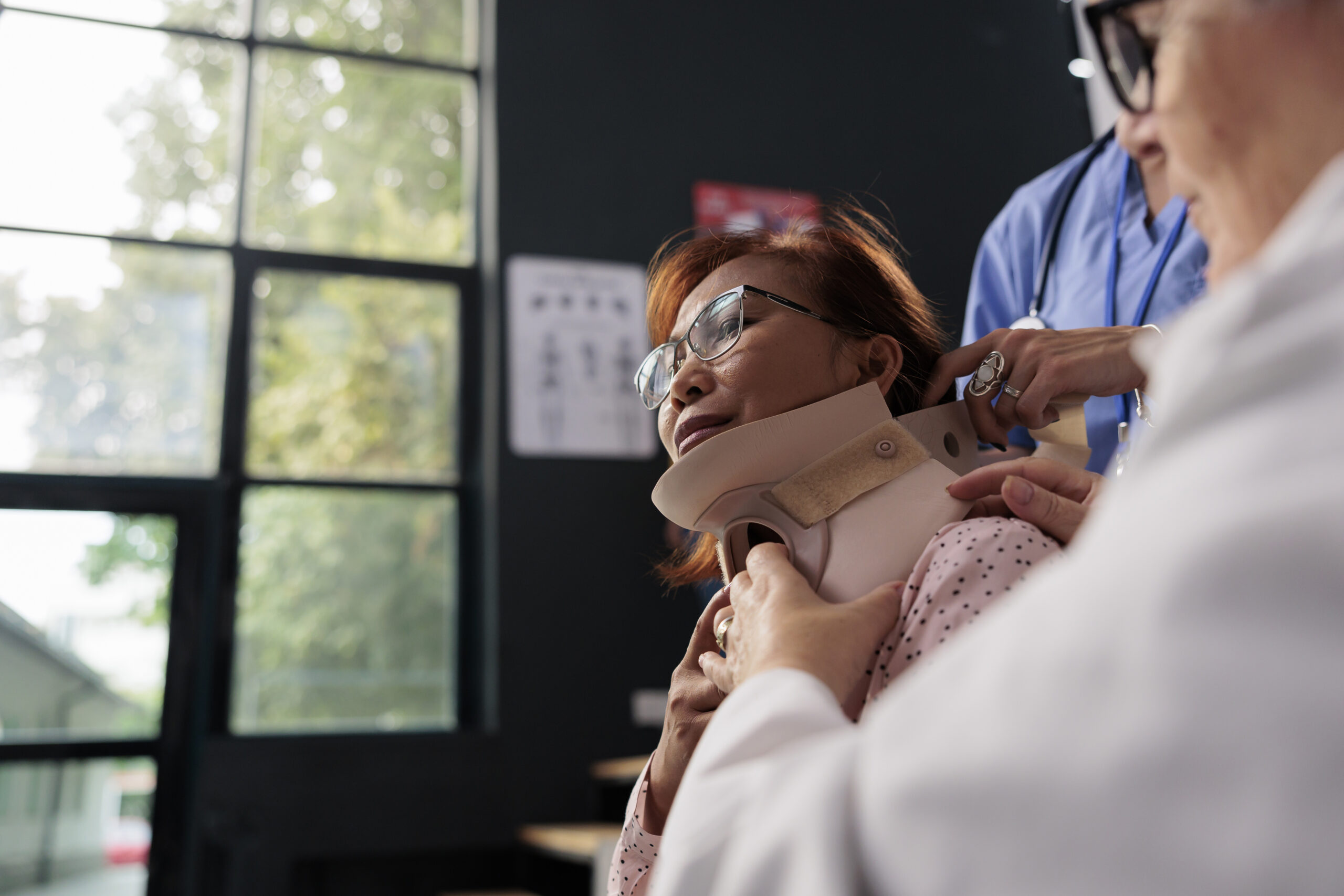
Specialists from multidisciplinary teams are offered two intensive courses per their educational request. These courses are held on the basis of the School of Rehabilitation Medicine of the Ukrainian Catholic University. At the same time, rehabilitation equipment and equipment for simulation rooms is supplied to those institutions where specialists are trained.
The Order of the Ministry of Health identified 77 supporting medical institutions where rehabilitation assistance can be provided.
"We take priority institutions from this list and work with their teams to supply rehabilitation equipment. We have great potential for facilities that can provide rehabilitation services. Many private institutions are willing and ready to engage in rehabilitation and have a request for specialist training because it is the most important thing.
Even private institutions sign documentation packages with the National Health Service of Ukraine to provide rehabilitation services free of charge. We see that competition is developing, the network is expanding, and this is appealing not only to public companies but also to private ones, which is very good for patients," says Ivanenko.
How doesn't it work??
Today, rehabilitation is also essential in Ukraine during the period when a person is discharged home and returns to another city or village.
"We are talking about the period when the person has not yet fully recovered, but the period for him to stay in the hospital has passed. Unfortunately, this area is not yet developed in our country. We will also work with our partners to bring rehabilitation services as close as possible to families, to the patient's place of residence, to the environment where the person will recover faster," says Ivanenko.
In this context, it is crucial to establish state support for families with people whose health will not recover and they will need help throughout their lives.
"So far, I've only heard ideas about how to develop lifelong support programs. Of course, we also need to think about at least elementary help from the state and representatives of local authorities — for example, teaching relatives to care for a paralyzed person so they are not isolated in a house or apartment, clarifying that this is still a person who needs communication, socialization, to be in the fresh air. For relatives, a different state of their loved one can also be a shock, so they should acquire these skills," continues the specialist.
State services should develop and provide families with supportive housing services free of charge so that a specially trained person was assigned to the family, who would come several times a week.
Most often, according to Ivanenko, civilian and military patients in hospitals lack explanations and communication about the mechanism of treatment and rehabilitation, what and from which authorities or doctors a person can get, and where to turn for help.
The most common thing in patients is a lack of understanding of what is happening to them and what should happen, why they come here, and after a while, they are evacuated by train or ambulance to other regions, without asking about their wishes. It is about the chaotic redirection of patients to where there is room. There are not enough places due to a large number of wounded, and therefore, first of all, they look at where there is a place and not specialists who can help. There is a shortage of rehabilitation specialists in Ukraine.
"I don't want to give hope that we will help everyone right now because there are huge queues for rehabilitation with good specialists," Ivanenko continues.
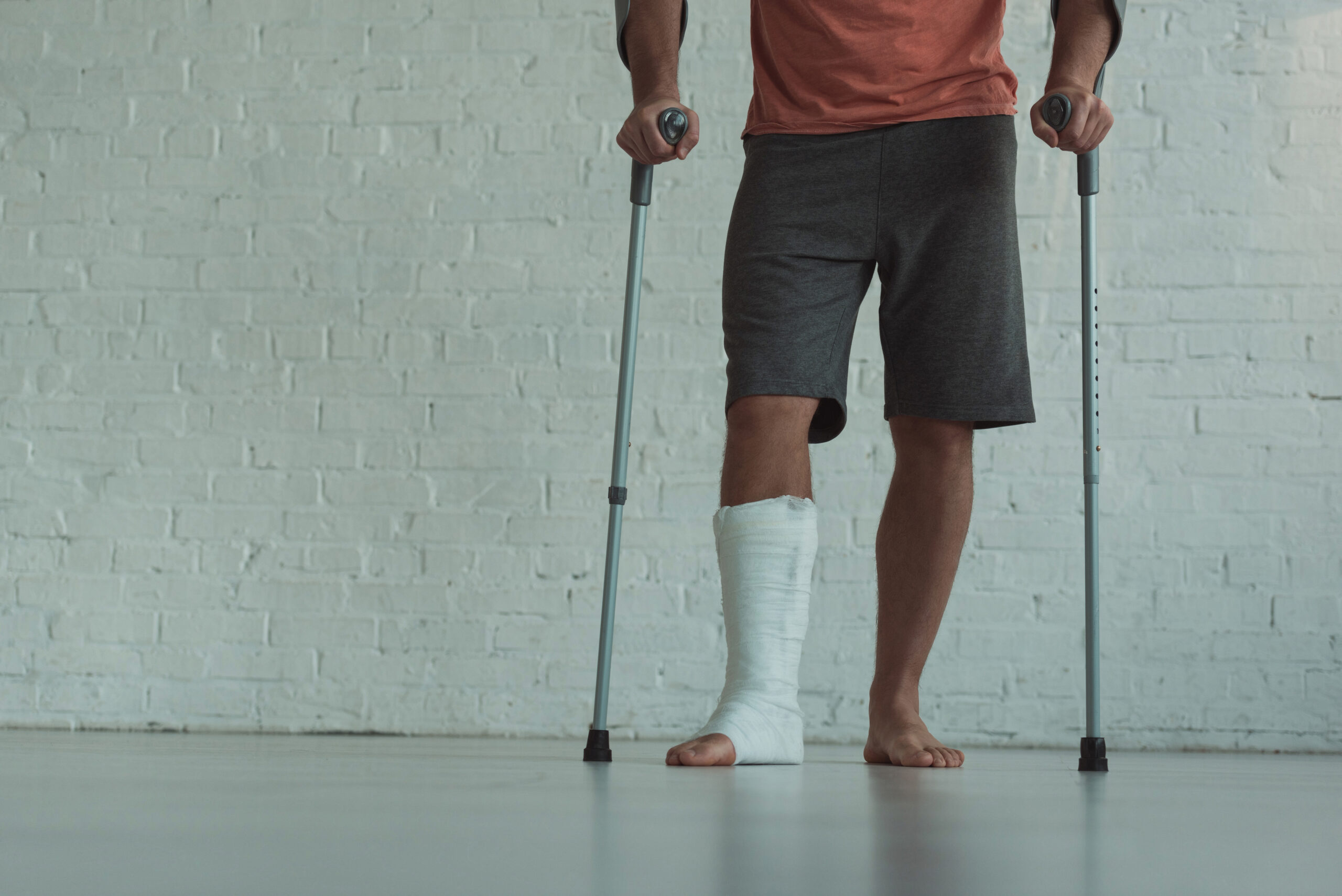
According to Ivanenko, there is also a problem with support. People who return home for continued recovery do not know or understand where to recover because they do not have such a service close to home. Therefore, a feeling of abandonment is common among the patients, and they feel as if the state has forgotten about them and that no one supports them.
"Psychological assistance is also important, especially in closed military institutions. It's non-existent there because they don't allow psychologists to go there. We started to voice this problem at the Ministry of Health, and I hope we will have a conversation with the command of the Medical Forces to change these practices because it should not be the way it is. Psychological help should be provided as soon as a person regains consciousness and can perceive information," says Ivanenko.
It is also important to understand, says the expert that the heads of hospitals and representatives of local self-government bodies have sufficient powers and opportunities to develop rehabilitation assistance without waiting for the Ministry of Health or the Ministry of Social Policy. The basic conditions for this have been created within the Medical Guarantee Program and the Social Services Law framework.
Even more useful conditions!
It is equally important that the rehabilitation specialist should get to the person immediately after their condition has stabilized (1-3 days). This is called rehabilitation in the acute period.
"The equipment we supply helps physical therapists help more patients, for example, by providing a mechanical developer of joints. The therapist will manually extend and bend the arm for 20 minutes if there is no such thing. And when there is a machine, the person is placed there, and it mechanically works with the limb, and the therapist can devote this time to another patient," says Ivanenko.
Much of the equipment needed for rehabilitation, the foundation head explains, is similar to the gym equipment:
"These are special treadmills, robotic systems fixed to the bed allowing the patient to work out their arms on the spot. Such devices free up the specialist's time, and they do not do it individually with each patient."
How will the digital rehabilitation system work?
From May 2023, the rehabilitation process of patients in Ukraine must be carried out through the electronic health care system (EHS). First of all, it will make it possible to store relevant data about the patient's health in a single place — an electronic card. The patient will no longer need to search for, collect and keep the paper certificates provided.
According to Mariia Karchevych, Deputy Minister for digital development, digital transformation, and digitalization of the Ministry of Health of Ukraine, this approach will ensure reliable storage of patients' medical data, prevent their loss, and enable medical specialists and rehabilitation teams in any corner of the country to access them with the patient's consent.
"If the patient is sent to another medical institution, they will not have to take all the medical documents from the previous place of rehabilitation with them — all the necessary information will be available in their electronic medical card," says Karchevych.
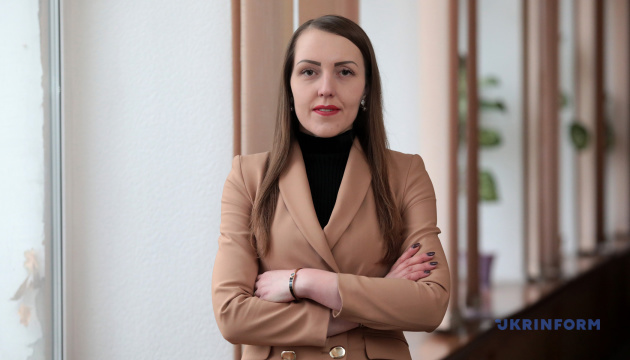
At the first stage of digitization, physical and rehabilitation medicine doctors, physical therapists, and occupational therapists will enter all medical information about rehabilitation interventions, examination results, and other necessary data into the electronic system. This will allow full and reliable medical data storage about the patient's rehabilitation and state of health.
"Electronic documentation of rehabilitation assistance is an important part of the changes we are currently working on," says Tetyana Lomakina, the authorized adviser to the President of Ukraine on accessibility issues. "Together with the implementation of the International Classification of Functioning, the organization of the work of multidisciplinary rehabilitation teams, re-equipment and new equipment in hospital departments, this will allow people who have suffered war injuries to recover faster and more efficiently."
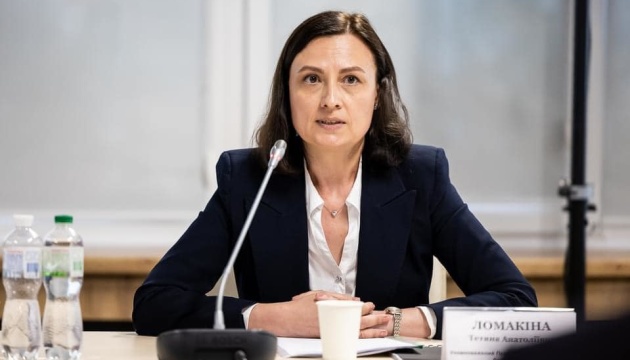
Inna Ivanenko, the executive director of the "Patients of Ukraine" charity fund, says that now, together with the state enterprise "Elektronne zdrovya," or Digital Health, and the National Health Service, they are developing functionality in the electronic system so that other specialists, opening the patient's card, have an overall picture of what happened to them, what rehabilitation services were provided and with which specialists they worked.
"This is very important for both doctors and patients. The patient will not have to carry certificates everywhere, which are often lost somewhere, and all this will be stored in the electronic system of the doctors. Therefore, this is a significant step forward in developing the rehabilitation system," concludes Ivanenko.
Recently, the government finalized the procedure for providing rehabilitation assistance, particularly providing victims of russia's armed aggression with medical products, including rehabilitation aids, at all stages of recovery. Currently, the state offers the entire complex of medical and rehabilitation assistance for everyone who suffered due to the war. The rehabilitation is free of charge and is guaranteed by the state in medical institutions that have contracted with the National Health Service of Ukraine under the package "Rehabilitation assistance for adults and children in inpatient conditions."
The article was published with the assistance of the Institute for War and Peace Reporting.
Newsletter
Digest of the most interesting news: just about the main thing









